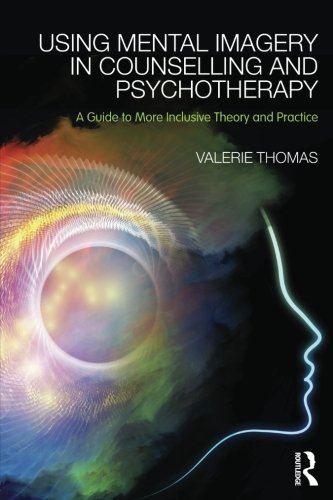

Most ebook files are in PDF format, so you can easily read them using various software such as Foxit Reader or directly on the Google Chrome browser.
Some ebook files are released by publishers in other formats such as .awz, .mobi, .epub, .fb2, etc. You may need to install specific software to read these formats on mobile/PC, such as Calibre.
Please read the tutorial at this link: https://ebookbell.com/faq
We offer FREE conversion to the popular formats you request; however, this may take some time. Therefore, right after payment, please email us, and we will try to provide the service as quickly as possible.
For some exceptional file formats or broken links (if any), please refrain from opening any disputes. Instead, email us first, and we will try to assist within a maximum of 6 hours.
EbookBell Team

4.4
12 reviewsThe therapeutic potential of working with clients' mental images is widely acknowledged, yet there is still little in the counselling and psychotherapy literature on more inclusive approaches to the clinical applications of mental imagery. Using Mental Imagery in Counselling and Psychotherapy is a unique, accessible guide for counsellors and psychotherapists who wish to develop their expertise in this important therapeutic practice.
Contemporary practitioners have at their disposal a large repertoire of imagery methods and procedures comprising the contributions from different therapeutic schools and clinical innovators. Valerie Thomas identifies some of the common features in these approaches and offers a transtheoretical framework that supports integrative practitioners in understanding and using mental imagery to enhance therapeutic processes. The book:
Using a wide range of clinical vignettes to illustrate theory and cutting-edge research, Valerie Thomas proposes a new integrated model of practice. Providing clear and detailed guidance on applying the model to clinical practice, the book will be essential reading for psychotherapists and counsellors, both in practice and training, who wish to harness the therapeutic efficacy of mental imagery.